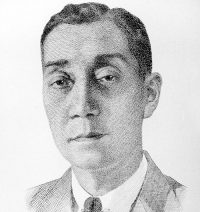Civilian evacuees from Bataan report that the Japanese are hastily building large bamboo stairs to scale the cliffs of Corregidor. Barges are also being constructed rapidly, probably for landing operations. Artillery has also been emplaced on strategic points of Mt. Mariveles overlooking the surrounded fortress.
No news as to when Filipino war prisoners will be released. Some say “they’ll be freed at the end of the war.” Others think it will be when Corregidor surrenders. Meanwhile deaths in camp are progressively mounting. “Almost a thousand a day,” according to a Red Cross doctor.
Landings by Japanese forces in Cagayan, Mindanao. Manuel Roxas is there. I understand he is now a general.
Japanese cigarettes make me dizzy. But I’ve got to get used to it. Chesterfields are too costly.
This is my impression of the Japanese in my office after five months with them. They are hard-working, slow, patriotic, serious, without humor, arrogant at times if you don’t stop them, excessively courteous sometimes, speak too long over the phone, not concerned with the way they dress, slaves to plans, follow orders strictly, automatically, but not so very well versed with the rice industry. I believe they will learn more from the Filipinos regarding the rice industry than we will from them. I’ve told this to our Supervisor-de-Facto in one of our conversations. I told him: “We want men that will teach us; not men that we have to teach.”
In the final analysis, this war has been a great lesson for the Filipino people. Our nation will come out the better for it. The blood of our youths has not been shed in vain.
